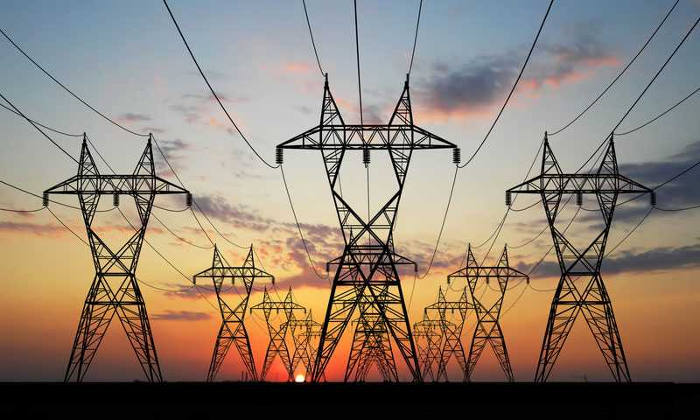By Emmanuel Ebimoh – 9News Nigeria
There’s an unexplained feeling of excitement that accompanies every emergence of electricity in this part of the world. It feels almost divine, devoid of human explanation or criticism. It’s a natural inclination that makes us happy and we feel like we have conquered the obstacle that is trying to stop us from achieving our goals in every area of life. I know this because growing up as a boy in the boisterous city of Lagos, Nigeria, there weren’t many happier moments in the day like the unanimous ‘Up NEPA’ chant that would thunder across corridors and open compounds whenever electricity is restored. Boys, girls, and even women at home would immediately erupt into strings of ecstasy, jumping and shouting in obvious jubilation at the sight of shiny light bulbs.

However, if, by a little stroke of misfortune, the electricity suddenly goes off in the middle of an interesting programme on TV, that joy unwittingly disappears and everyone would wear a gloomy, disapproving face, perhaps with a few curses towards the power supply authority.
The joy of constant electricity transcends beyond its domestic usage at home; it is also a determining prerequisite to the economic development of any state and country. In the past years the poor condition of electricity supply in Nigeria, including generation and distribution, has been a big cause of worry for many a Nigerian. With only about 5,000 Megawatts of power generated and transmitted daily to the final consumer as at December 2019, Nigeria was ranked as one of the most underpowered countries in the world. Today, according to the Transmission Company of Nigeria (TCN), the country achieved its all-time national peak of 5,420.30 Megawatts in August, 2020. While this is commendable, it is still barely enough to meet up with the growing population and electricity needs of the country.
However, Lagosians have seemingly been enjoying unprecedented long hours of daily power supply. A steady observation in most places in Lagos metropolis showed that there has been substantial increase in power supply in the past couple of weeks. Notwithstanding the period of the Covid-19 lockdown, this new change of increased electricity supply has prompted commendations to the State Government for its continued effort to transforming the state into a Mega City in the nearest future.
So what is the Lagos State Government doing right to revamp power supply in the state? In 2018, the Lagos State Government approved plans to reform the state’s power sector through an Embedded Power Supply Project. This project was targeted towards generating 3,000 MW of electricity for the state within 3-5 years, and ultimately reduce the state’s reliance for electricity on the National Grid. As part of plans to implement this power supply reform, the State Government signed a cooperative deal with the United States Agency for International Development (USAID) to position the state to effectively launch the Lagos Integrated Resource Plan (IRP) under the Power Africa-Nigeria’s Power Sector Programme initiative (PA-NPSP). So far, from evidences across the state, it is certain that the State Government is obviously doing something right and Lagosians are delighted at the result.
The Governor of Lagos State, Mr Babajide Sanwo-olu has also reiterated the commitment of his administration to extend the capacity of the state-owned Independent Power Plant (IPP) to sustain the ‘Light-Up Lagos’ project which was started by former governor of the state and present Minister of Works and Housing, Mr Babatunde Fashola, in 2013. Looking at these positive moves from a neutral point of view and considering the present laudable changes in power supply in the state, it is only natural to commend the immense work the Lagos State Government is doing to ensure that Lagosians have something to smile about.
The implication of this power supply reform in Lagos State will indubitably trickle down to other sectors in the long run. First, the over-reliance on diesel plants and generators for electricity by companies in the state would drastically reduce. This would enable companies and indeed, small businesses, to save more and use the extra funds to increase their business capacity and yield more profit. Second, the long term goal of transforming Lagos into a Mega City would steadily take shape with this improved electricity supply. Streets, markets, roads, and highways would be beautified with the brightness of lights and the city can confidently live up to its recognition as ‘the city that never sleeps’. What about security, tourism, and job creation? These are areas that would benefit from the effect of the power sector reform in Lagos State.
It’s been 15 months since the inception of the present government in Lagos State led by his Excellency, Governor Babajide Sanwo-olu, and as far as efforts to give constant power supply to residents in the state and improve the standard of living are concerned, it is only fair to commend the government for its good work. As residents of the state, we are hopeful that the efforts of the government will be sustained to ultimately give the Lagos of our dreams for us and our children.